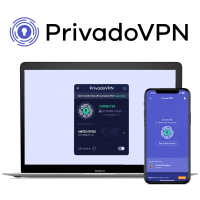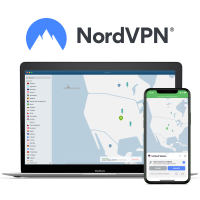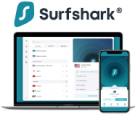How does a free VPN compare to a premium one in the most common uses?
Believe it or not, you don't always need to go premium.
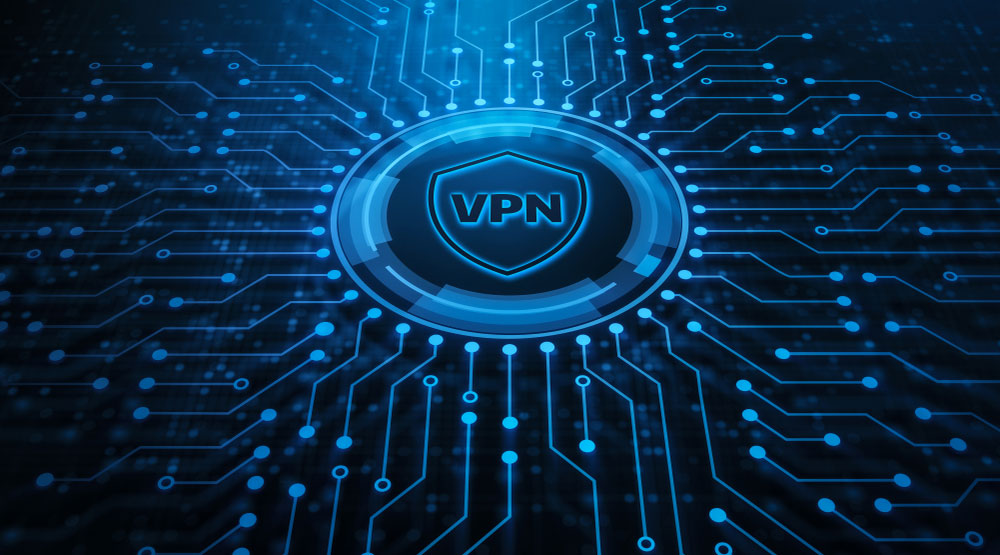
Using a VPN is a fantastic way to both protect yourself and stay private online and there are plenty of different ones to choose from. The best VPNs are premium efforts rich in features, with thousands of servers spread all around the world.
But there are also plenty of free options too. Many of these we wouldn't recommend to our worst enemy, but the best free VPNs are genuinely useful. The idea of getting the perks of a VPN for nothing is pretty tempting, but is a freebie right for you? Well, it depends on how you plan on using it.
Private browsing
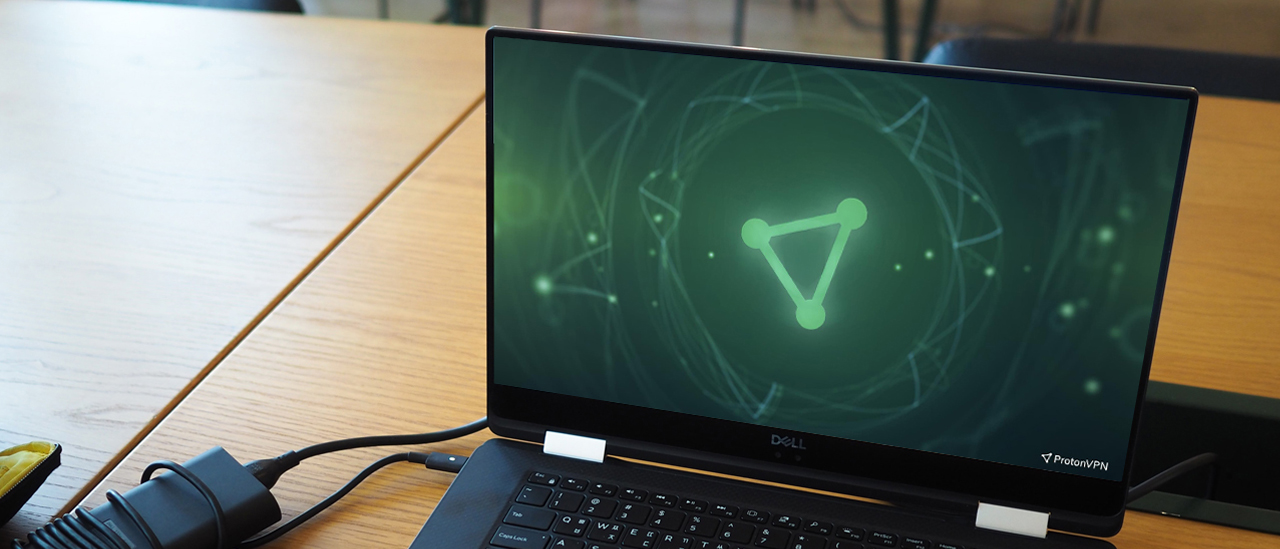
When it comes to privacy, VPNs are a fantastic way to keep to yourself online. Leading premium providers like NordVPN use the latest encryption protocols and feature thousands of servers to help you stay as close to anonymous as possible. Quality providers should also boast an audited "no logs" policy, independently verified proof that they don't store your data.
Interestingly, some of the top free services like PrivadoVPN and Proton VPN also have excellent privacy records. Privado and Proton's free apps both use an industry-standard Wireguard encryption protocol and while Proton's Wireguard effort uses a ChaCha20 encryption cipher, it's directly comparable to Privado's AES-256 approach, the same used by our #1 VPN, NordVPN.
Like Nord, Proton's free package also has a kill switch built in, but this is not always the case for free VPNs. If you're trying to access specific regional web services, you might also have a challenge when using a free provider. Proton's free service no longer lets you pick server locations and instead randomly assigns you one. On the other hand, Privado has 11 free locations to pick from. That said, both of the premium plans offer an enormous amount of countries to pick from.
Verdict: If you just want a VPN for staying private when browsing then you can happily get away with using a trusted free VPN, provided it has a solid encryption standard.
PrivadoVPN Free
Our favorite choice of free VPN. PrivadoVPN Free is great for browsing the web safely. The free package comes with a generous 10 GB of monthly data allowance and the same level of data encryption as paid plans for industry leaders.
Streaming

One of the most common use cases for a VPN is being able to access region-specific streaming content on platforms such as Netflix. Due to rights issues, you might not be able to watch your favorite shows if you are on vacation in another country. With the best streaming VPNs, you'll be able to simply spoof your IP address as if you were watching back at home.
This is where the extensive server and country choice of a paid VPN comes in handy. They also have more consistent success unblocking streaming services. While some top free providers like PrivadoVPN Free can access the likes of Netflix, they might have monthly data limits, slowing down or even switching off past certain limits.
Verdict: If you want consistent streaming success then you'll definitely want a premium VPN. You'll have to take things on a case-by-case basis when it comes to streaming on a free VPN, and monthly data limits can be demolished by streaming.
NordVPN: from $3.39 a month
NordVPN is our top pick for streaming. It's one of the quickest VPNs, and superb at unblocking regional content on the most popular streaming services. It boasts over 6000 servers worldwide, so you'll have no luck finding the location you need. NordVPN is also jam-packed with privacy-enhancing tools to secure your day-to-day browsing.
Gaming

There are plenty of reasons to use a gaming VPN. Not only does it protect you from hackers and DDoS attacks, but using a VPN to mask your IP address also helps stop your internet service provider (ISP) from throttling your connection speed.
With a gaming VPN, speed is incredibly important, and in all honesty, you'll probably need the unrestricted speed and data limits of a premium VPN. Having a wide choice of servers is also important if you want to play in specific lobbies on games such as Warzone. A free service almost certainly won't be speedy enough with a big enough data allowance to use when gaming.
Verdict: Undoubtedly you should be plumping for a premium VPN if you plan on gaming with one enabled. The speed, increased security, and wide range of servers make them outclass free options. Gaming when using a free service will likely be laggy or consume your data allowance very quickly.
Surfshark: from $2.19 per month
Surfshark is an excellent option for gaming if you want a premium VPN without the price. It's the fastest VPN we've tested, making it great for keeping your gaming lag-free and secure. It also boasts unlimited simultaneous connections meaning you can have it active on all of your systems at once if you need to.
Andy is a freelance writer with a passion for streaming and VPNs. Based in the U.K., he originally cut his teeth at Tom's Guide as a Trainee Writer before moving to cover all things tech and streaming at T3. Outside of work, his passions are movies, football (soccer) and Formula 1. He is also something of an amateur screenwriter having studied creative writing at university.
